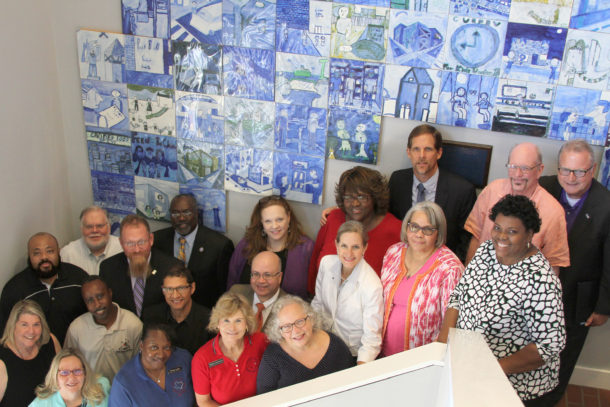The Collaborative Approaches to Well-Being in Rural Communities (WRC) initiative grew out of the Hogg Foundation for Mental Health’s new strategic direction to address the root causes of poor mental health at the community and systems level. The foundation recognizes that community-based approaches are necessary to make a lasting transformation in mental health and well-being. The three-year grant awarded in 2018, totaling $4.5 million, serves five Texas counties, each with a population of 250,000 people or less. The WRC initiative aims to support the transformation of rural environments where people live, learn, work, play and pray, bringing a population health approach to support resilience, mental health and well-being. Alliance for Greater Works serves as the coordinator (including technical assistance and training) of the initiative.
LEADING WITH CULTURAL HUMILITY
Alliance for Greater Works was featured on the Hogg Foundation for Mental Health’s podcast, talking about the Alliance’s role in the Collaborative Approaches to Well-Being in Rural Communities initiative.
Sherrye discusses the ways which her team will be working with grantees to harness resources, develop leadership skills, and build stronger relationships in community.

